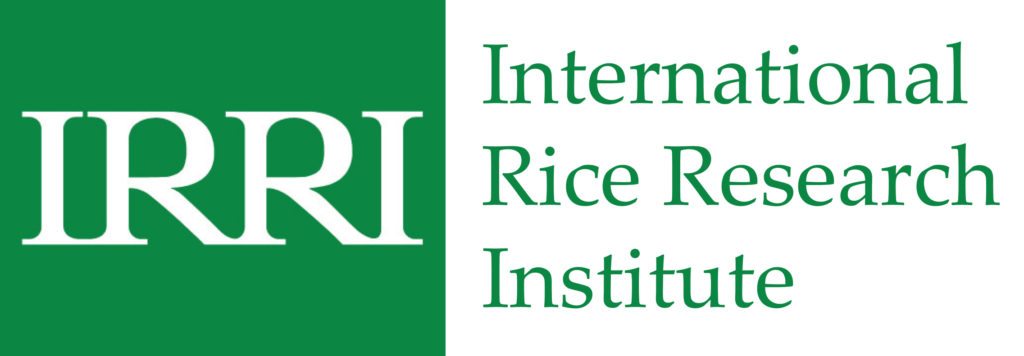This website uses cookies so that we can provide you with the best user experience possible. Cookie information is stored in your browser and performs functions such as recognising you when you return to our website and helping our team to understand which sections of the website you find most interesting and useful.

IRRI aims to reduce poverty and hunger, improve the health of rice farmers and consumers, and ensure environmental sustainability of rice farming. They do these through collaborative research, partnerships, and the strengthening of the national agricultural research and extension systems, or NARES, of the countries they work in.
IRRI’s goals align with the objectives of the Global Rice Science Partnership (GRiSP) that coordinates rice research among more than 900 international partners.
Their research agenda and policies are determined by a board of trustees, guided by input from our partners, donors, end users such as farmers, and their staff.
- Reduce poverty through improved and diversified rice-based systems.
- Ensure that rice production is stable and sustainable, does minimal harm to the environment, and can cope with climate change.
- Improve the nutrition and health of poor rice consumers and farmers.
- Provide equitable access to information and knowledge on rice and help develop the next generation of rice scientists.
- Provide scientists and producers with the genetic information and material they need to develop improved technologies and enhance rice production.
